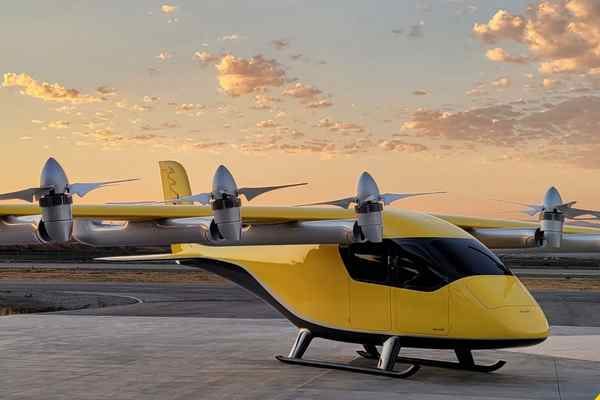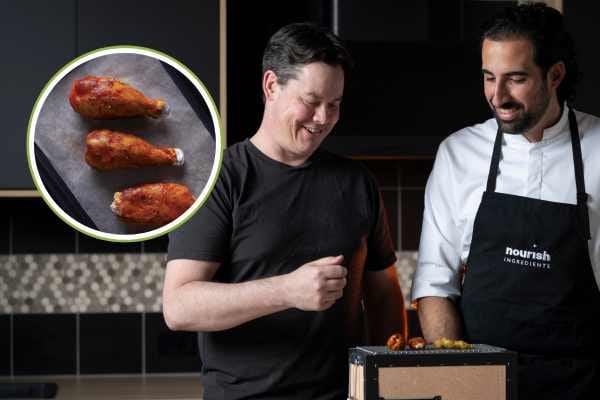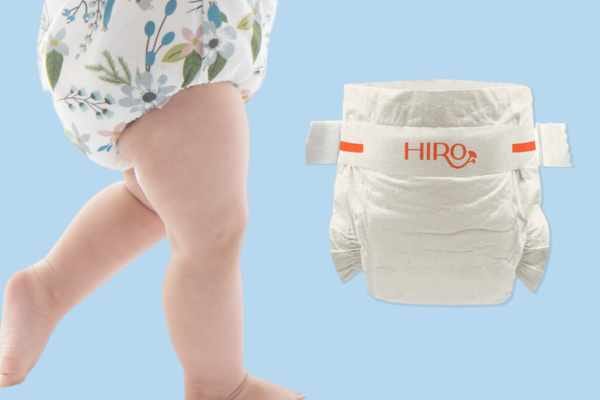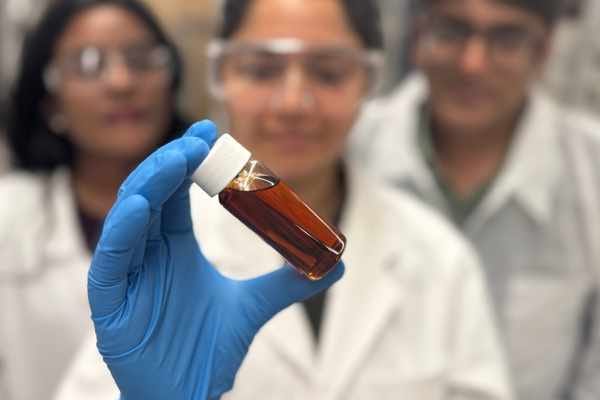Self-flying taxi heads for Brisbane
A new aviation partnership aims to bring autonomous air taxis to the 2032 Olympics.

Australia has joined the electric air-taxi movement with a partnership aiming to introduce a self-flying vehicle for the Brisbane 2032 Olympics among several new ventures.
US aerospace operator Wisk Aero has teamed up with infrastructure developer Skyports and Airservices Australia to develop airspace and infrastructure for its autonomous electric aircraft.
Vertical take-off and landing (eVTOL) aircraft are expected to transform urban and regional travel, easing traffic congestion and slashing carbon emission in densely populated regions, as well as providing additional emergency response capacity.
First, they must pass muster with aviation regulatory bodies such as Australia’s Civil Aviation Safety Authority (CASA) to ensure compliance with an exhaustive set of aviation standards for safety, airspace integration, and environmental impact.
"We’re grateful to share that vision with Airservices and to contribute to an air traffic system that meets the needs of AAM services so we can bring safe, efficient air travel to communities in this region"
The development of vertiport hubs to create takeoff and landing spaces that connect metropolitan and regional locations also demand close collaboration with local governments.
Wisk says its air taxi is the first autonomous passenger-carrying eVTOL model to be considered for certification by the Federal Aviation Administration (FAA) in the US. Its collaboration with air safety specialist Airservices Australia will focus on ensuring eVTOL air taxis operate safely within Australia’s existing airspace.
Wisk’s vice presidient APAC and Air Operations, Catherine MacGowan, said: “We’re grateful to share that vision with Airservices and to contribute to an air traffic system that meets the needs of AAM services so we can bring safe, efficient air travel to communities in this region.”
Self-flying future
Unlike most other eVTOLs in development, Wisk's flights will be autonomous. The US company, formed in 2010 and now a Boeing subsidiary, plans to introduce its Generation 6 air taxi - a fully electric, self-flying vehicle - to the Brisbane 2032 Olympics, with additional expansion planned for a million flights annually by 2043.
To achieve this, Wisk and Skyports are working with the Council of Mayors for South East Queensland to map out the infrastructure needs for eVTOL services across the region, expected to grow by two million residents over the next 20 years. The project will identify key sites for vertiports, conduct feasibility studies, and engage communities.
Rob Sharp, CEO of Airservices Australia said its partnership with Wisk had the potential to reduce congestion and lower emissions, enabling "emerging technologies to transform connectivity over short distances for a range of applications, including travel and emergency response”.
A race to the skies
Several other aviation startups are vying to be the first to launch eVTOL services across Australia (see list below) as well as other cities around the world.
In February, Dubai announced plans to become the first to offer a city-wide commercial electric air taxi service, forming an agreement with US eVTOL startup Joby Aviation. Commercial passenger air taxi services are expected to launch there in 2026.
Archer Aviation (also from the US) also aims to transport Los Angeles commuters around its ‘air mobility network’ by 2026, offering a 15-minute commute as an alternative to hours on congested roads.
Other Australian eVTOL ventures:
- Joby Aviation recently announced that it had applied for its eVTOL aircraft to be certified by Australia’s Civil Aviation Safety Authority.
- Australian startup AMSL Aero has begun testing for a hydrogen-powered electric aircraft. The company has received its first commercial order from AirLink and aims to fly regional passengers by 2027.
- WA-based aviation and tourism businesses Aviair and HeliSpirit have partnered with Eve Air Mobility to introduce up to 50 zero-emission eVTOL aircraft, with flights commencing as early as 2026.
- Australian group Skyportz has launched a new subsidiary, Wilbur Air, to operate electric and hybrid-electric aircraft. It aims to establish partnerships with small charter and helicopter companies keen to move into Advanced Air Mobility.
Wisk Aero plans to introduce its sixth-generation air taxi to Australia. Launched in September 2022, Wisk says it is the world’s first self-flying, all-electric, vertical take-off and landing (eVTOL) air taxi. The 4-seater air taxi combines autonomous technology and software, while maintaining human oversight for every flight. Wisk says it is the first-ever autonomous, passenger-carrying eVTOL air taxi to be considered for FAA certification.





